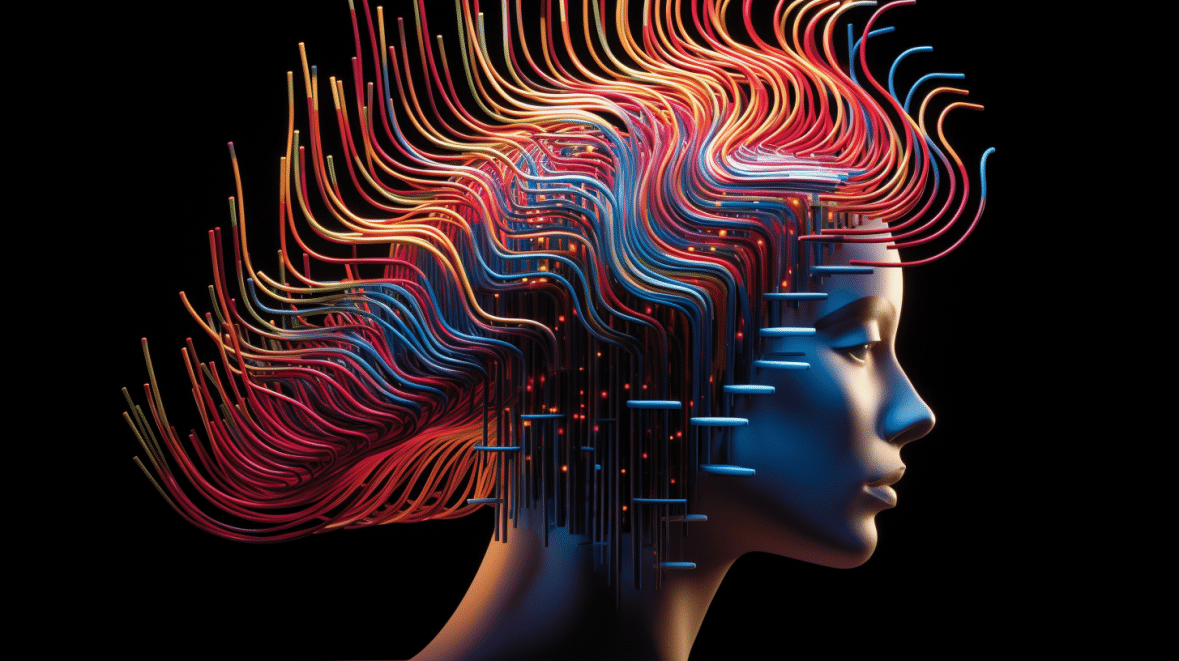Borderline & Avoidant Personality Disorders: Brain Structure Abnormalities & Neurobiology
Personality disorders like borderline and avoidant involve differences in brain structure and function that relate to symptoms. New research sheds light on the neurobiology underlying these disorders. Key Facts: Borderline patients showed reduced medial prefrontal cortex (MPFC) volume compared to healthy controls. MPFC is involved in cognitive control of emotion. Both borderline and avoidant patients …










